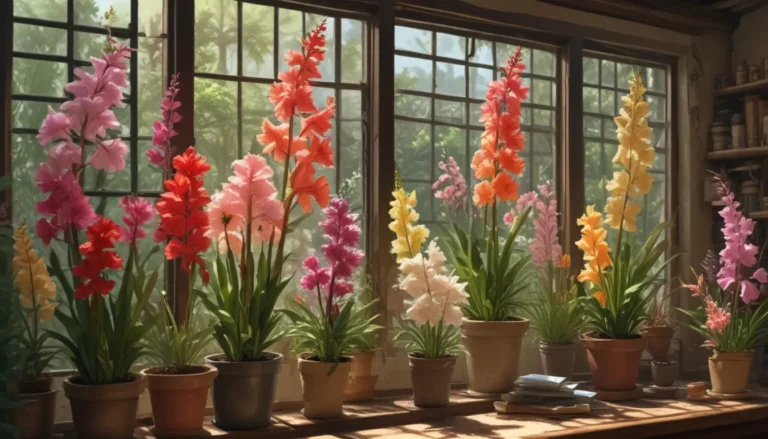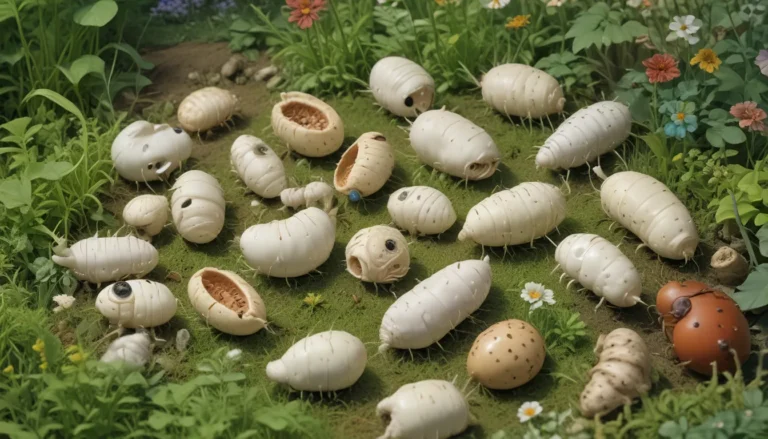Comprehensive Guide to Fertilizing Poinsettias

Poinsettias are a visual delight, capturing the attention of everyone who encounters them. Their vibrant bracts and striking foliage make them a centerpiece of holiday decor. However, achieving this stunning display requires proper fertilization.
Why Fertilize Poinsettias?
Fertilizing poinsettias is essential to maintain their beauty and health. Here’s why:
- Aesthetics: Proper nutrition allows poinsettias to produce vibrant bracts and lush greenery, enhancing their visual appeal.
- Vigor: Well-fertilized poinsettias grow rapidly, similar to a high-performance vehicle needing optimal maintenance.
- Health: Fertilization protects poinsettias from pests and diseases, ensuring their long-term well-being.
What You’ll Need
To effectively fertilize poinsettias, you’ll require:
Humus: Humus, not to be confused with hummus, serves as organic matter that enhances soil structure and water retention. Poinsettias thrive in humus-rich environments that promote root growth and nutrient absorption.
Fertilizer: Fertilizers act as supplements to organic matter, addressing specific nutrient deficiencies in poinsettias. Opt for complete fertilizers that contain primary macronutrients like nitrogen, phosphorus, and potassium, essential for plant growth.
When choosing between organic and synthetic fertilizers, organic options are preferred due to their sustainable nature and balanced nutrient release. Synthetic fertilizers, while cheaper, may disrupt soil ecosystems and lead to over-fertilization.
To determine the nutritional needs of your poinsettias, consider conducting a soil test or observing plant symptoms indicating specific deficiencies.
When and How to Feed Your Plants
The timing and method of fertilization play a crucial role in poinsettia care. Here’s how to feed your plants effectively:
- pH Balance: Maintain a pH of 5.8 to 6.2 for optimal nutrient absorption in poinsettias. Adjust soil acidity or alkalinity as needed using amendments like aluminum sulfate or lime.
- Outdoor Plantings: Amend garden soil with organic material annually to improve fertility. Incorporate well-rotted manure or compost for enriched soil.
- Container Plantings: Fertilize container-grown poinsettias every three weeks in spring and summer using diluted houseplant fertilizer. Avoid fertilization during dormancy periods to prevent unnecessary nutrient intake.
By providing adequate nutrition through fertilization, your poinsettias will thrive, showcasing their beauty and vigor throughout the holiday season.
Poinsettia Care: Nutrition Edition
In addition to traditional holiday treats, ensure your poinsettias receive the nutrients they need for optimal growth. Proper fertilization is key to nurturing healthy and vibrant plants that enhance your festive decor.
Do you have questions or insights to share? Feel free to leave a comment below and engage with fellow plant enthusiasts. Let’s cultivate a community of poinsettia aficionados!
Explore more about poinsettias with these informative guides:
- 35 Favorite Poinsettia Cultivars for Your Home
- Are Poinsettia Plants Poisonous?
- How to Care for Poinsettias After the Holidays
Transform your holiday displays with vibrant and thriving poinsettias, thanks to the power of proper fertilization. Elevate your plant care routine and enjoy the beauty of these seasonal favorites.
This comprehensive guide offers invaluable insights into fertilizing poinsettias, ensuring your plants receive the necessary care for optimal growth and longevity. Dive into the world of plant nutrition and elevate your poinsettia care regimen with effective fertilization practices.





